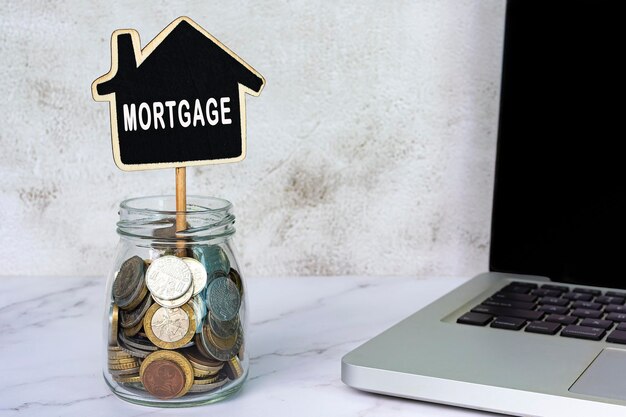Unveiling the Cost of Renting an Apartment in New York: What to Expect
New York City, often hailed as the Big Apple, is as renowned for its iconic skyline and bustling streets as it is for its notoriously high cost of real estate. How much does an apartment cost in New York? The answer depends on various factors, including the neighborhood, size of the apartment, and current market trends. Yet the essence remains: living in New York isn't cheap.
Average Rent Prices in NYC
In 2023, the average monthly rent for a one-bedroom apartment in New York City hovers around $3,500, with rental costs increasing as we move closer to the heart of the city, Manhattan. Manhattan is the frontrunner in high rent, often requiring those seeking accommodation to budget upwards of $4,000 monthly for a standard one-bedroom dwelling.
Rents tend to be slightly more affordable in other boroughs such as Brooklyn or Queens, where one-bedroom apartments can cost around $2,700 to $3,000 per month. Meanwhile, areas like the Bronx or Staten Island offer relatively lower pricing, which can still range from $2,000 to $2,500 for similar spaces.
What Influences New York's Rent Prices?
Location: Proximity to landmarks, transportation hubs, and amenities significantly influence costs. Prime neighborhoods such as the Upper West Side or Williamsburg attract higher rents.
Apartment Size and Features: Larger units or those with luxury amenities (gyms, doormen, private balconies) significantly increase rental prices.
Market Demand: Seasonal fluctuations and the economic climate (like post-COVID recoveries) directly impact market rents.
Addressing Affordability: Financial Aid and Assistance
Living in New York is a dream for many, but the financial reality can be daunting. Fortunately, several financial assistance programs can help make this dream more accessible for many people.
Government Aid Programs
These programs are essential for those struggling with rent. The New York City Housing Authority (NYCHA) offers subsidized rental housing for low- and moderate-income residents. Housing Preservation and Development (HPD) further provides rental assistance through initiatives aimed at supporting affordable housing developments.
Financial Relief Options
For individuals needing short-term assistance, programs such as the Emergency Rental Assistance Program (ERAP) provide temporary relief. ERAP helps tenants cover overdue rent accumulated due to financial hardships, ensuring housing stability during tough times.
Credit Solutions
Credit counseling services can guide New Yorkers in managing debts and budgeting for rent. Additionally, expanding credit options through secured credit cards may assist those needing to build creditworthiness, thus easing rental application processes.
Educational Grants
Education can unlock opportunities for career growth and higher pay. Programs offering educational grants can assist with tuition costs, making higher education more affordable, ultimately leading to better-paying jobs and greater housing affordability.
Key Financial Assistance Resources
- 🏠 NYCHA: Public housing for low-income residents.
- 🔑 HPD: Affordable housing developments and programs.
- 📉 ERAP: Temporary rental assistance for pending rents.
- 📊 Credit Counseling: Personalized assistance for debt management.
- 🎓 Educational Grants: Funds to support higher education costs.
Navigating the rental market in New York City can be challenging, but understanding your options and leveraging available resources can transform daunting prospects into achievable realities. Aspiring New Yorkers are encouraged to explore these avenues, tailor them to personal circumstances, and seize the opportunity to live in one of the most dynamic cities in the world.

